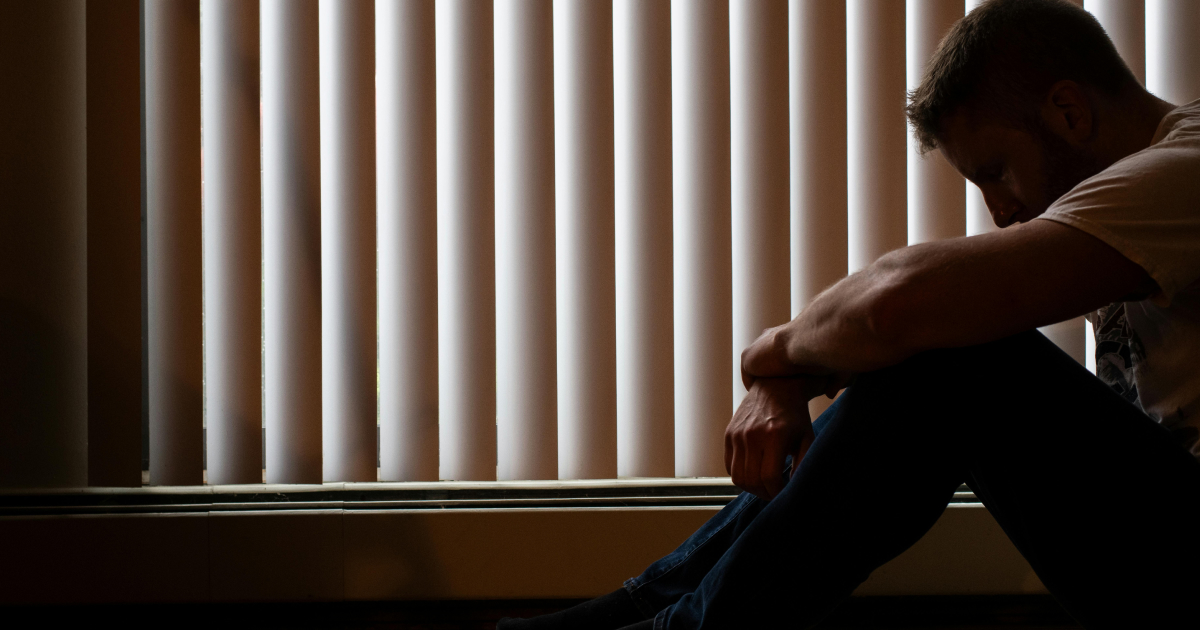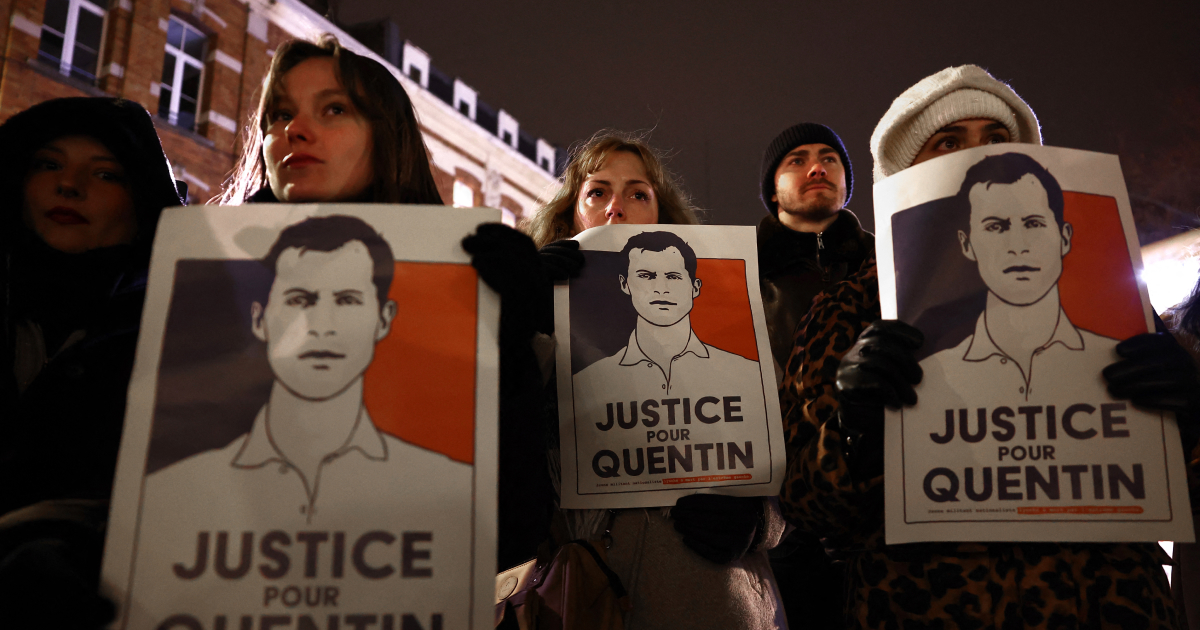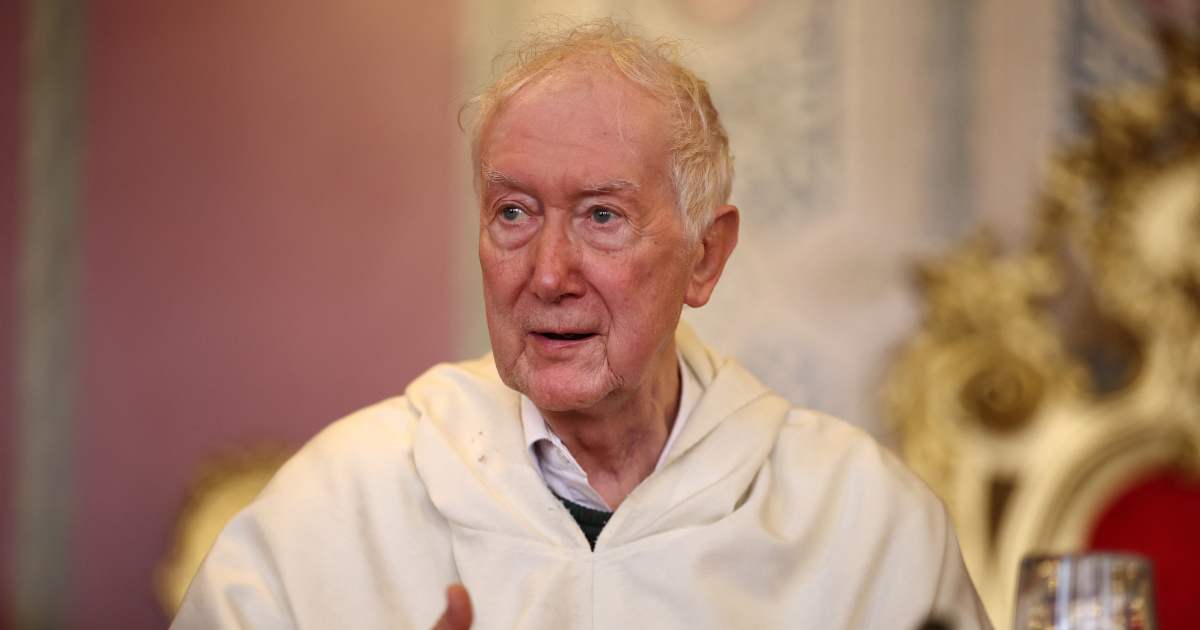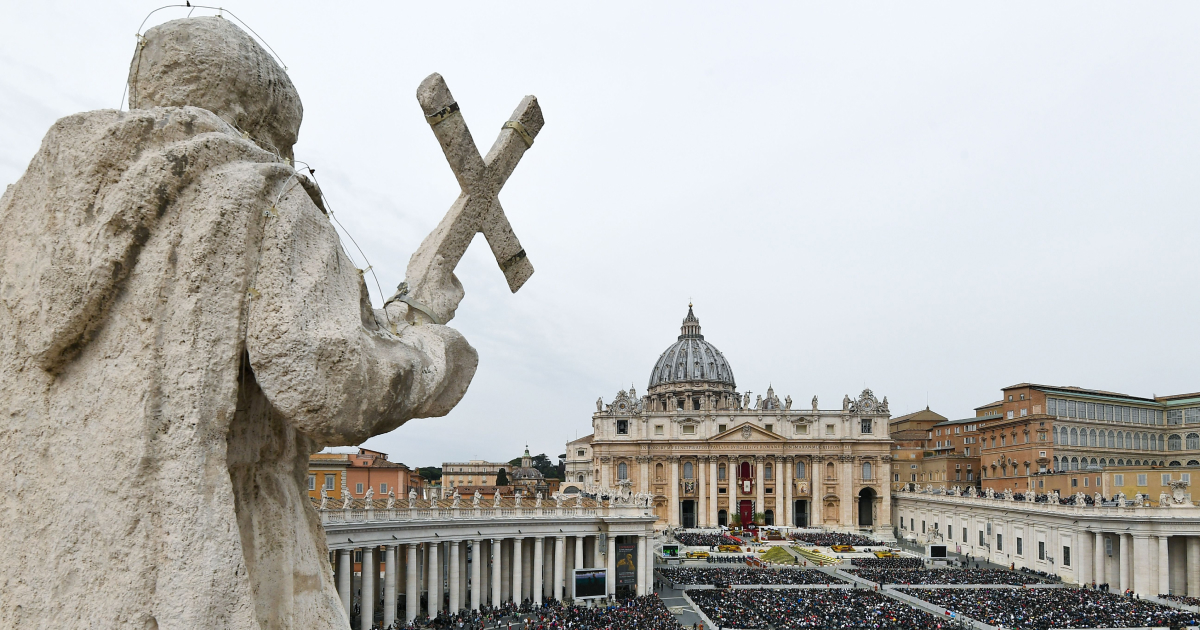On 19 August 2025, the Vienna Regional Court for Civil Matters confirmed an arbitration award based explicitly on Islamic Sharia law. The case concerned two men who had contractually agreed to resolve any disputes through an arbitration tribunal applying Islamic law. That panel ordered one party to pay €320,000, a ruling subsequently upheld by the Vienna court, which declared that while it could not verify the exact Islamic provisions applied, the outcome did not contradict Austria’s fundamental values and could therefore be enforced in civil and property disputes.
The court’s explicit embrace of Sharia triggered fierce denunciation. Michael Schilchegger, constitutional spokesman for the Freedom Party (FPÖ), condemned the ruling as a dangerous endorsement of “Islamic parallel societies” and warned it would empower “the will of fanatical Islamists”. His words were echoed across political lines.
Upper Austrian Deputy Governor Manfred Haimbuchner declared: “Sharia is incompatible with our basic values. This is another example of our legal system being powerless against the creeping influence of Islam.” Meanwhile, the Turkish Cultural Community in Austria (TKG) decried the decision as violating European law, citing a 2003 judgment of the European Court of Human Rights (Refah Partisi v Turkey) that Sharia-based legal pluralism is forbidden. TKG Secretary General Melissa Günes warned that the arbitration ruling could be “a major intervention, today in the secular economy, tomorrow perhaps in production, service, and sales regulations”.
In response, the Austrian People’s Party (ÖVP), part of the ruling coalition, swiftly pledged legislative action. On 19 August, Secretary General Nico Marchetti announced the party would “permanently put a stop to the application of Sharia rules in Austria,” including in civil law and personal status matters, citing concerns that “medieval legal provisions of Sharia could cause particularly great harm”.
The Justice Ministry meanwhile urged calm, pointing out that existing Austrian private international law already bars foreign legal provisions that conflict with domestic public policy, known as the ordre public clause. It also confirmed that a government working group is being formed to consider measured reform, including changes to the International Private Law Act (IPRG).





.jpg)











